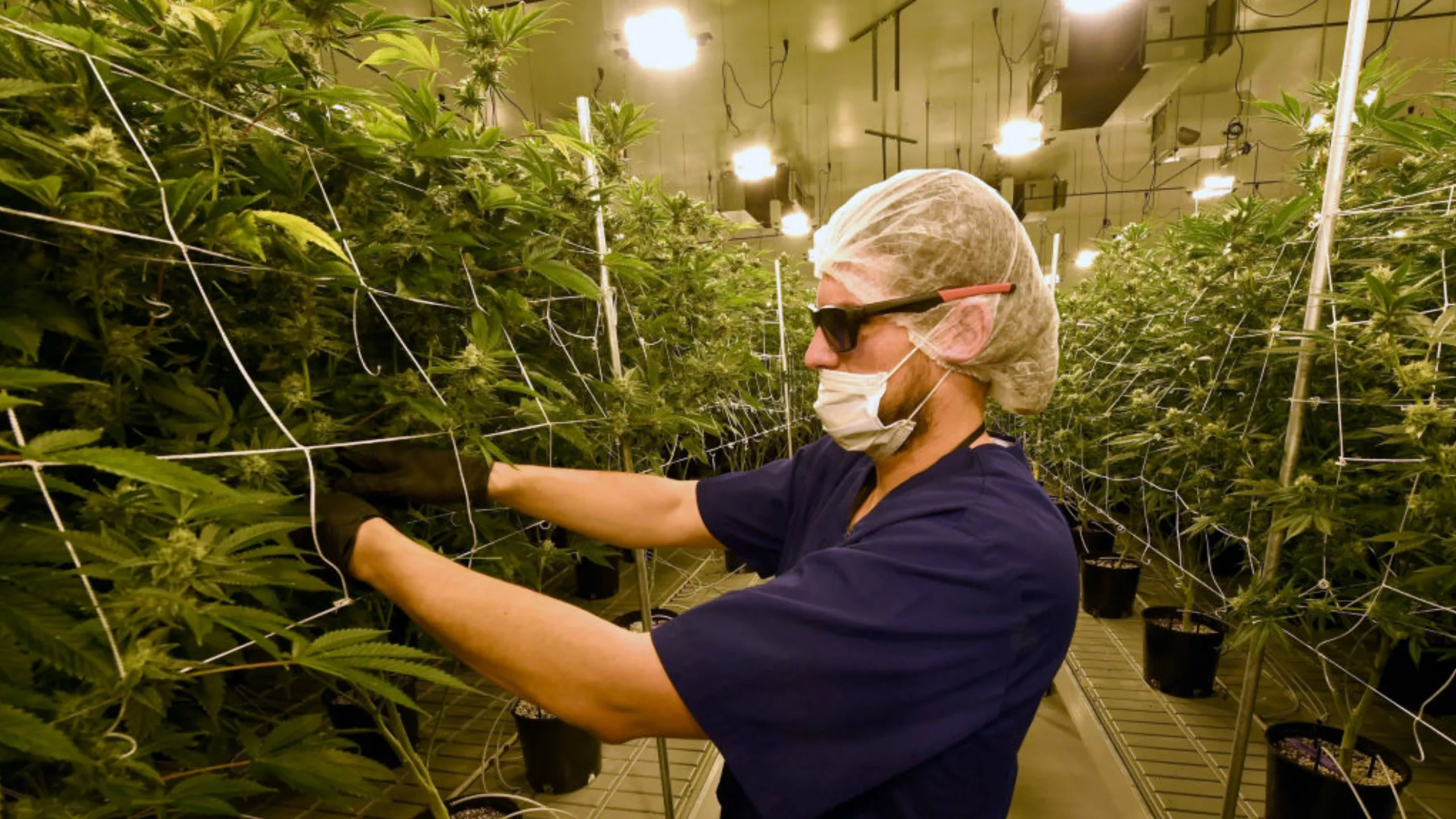In recent years, Mexico has been making headlines with its progressive stance on cannabis legalization. The country is on track to develop one of the largest cannabis markets in the world, driven by a combination of legislative changes, economic potential, and shifting societal attitudes. This article explores the factors contributing to Mexico’s burgeoning cannabis industry, https://finanzasdomesticas.com/mexico-tendra-el-mercado-mas-grande-de-cannabis/ the potential economic impact, and the challenges and opportunities that lie ahead.
Legislative Milestones and Cannabis Legalization
Mexico’s journey toward a legal cannabis market began with a series of legislative and judicial actions aimed at decriminalizing and eventually legalizing cannabis. Key milestones in this process include:
- Supreme Court Rulings In 2018, the Mexican Supreme Court ruled that the prohibition of recreational cannabis use was unconstitutional, stating that it violated individual freedoms. This landmark decision set the stage for the eventual legalization of cannabis by emphasizing the need for regulation rather than criminalization.
- The Federal Cannabis Law Building on the Supreme Court’s rulings, the Mexican Congress passed the Federal Cannabis Law in March 2021. This comprehensive legislation legalized the use of cannabis for both medical and recreational purposes. The law establishes a framework for the cultivation, distribution, and sale of cannabis products, including provisions for licensing and regulation.
- Regulatory Framework The law mandates the creation of regulatory bodies to oversee the industry, including the National Cannabis Institute (INCB). These agencies are responsible for implementing regulations, issuing licenses, and ensuring compliance with safety and quality standards.
Economic Potential of Mexico’s Cannabis Market
Mexico’s entry into the legal cannabis market presents significant economic opportunities. Several factors contribute to its potential to become one of the largest cannabis markets globally:
- Market Size and Growth Mexico has a large and growing population, with a significant portion of potential consumers for cannabis products. The legalization of cannabis is expected to stimulate market growth, creating opportunities for businesses involved in cultivation, processing, and retail.
- Agricultural Advantage Mexico’s favorable climate and agricultural expertise provide a competitive advantage in cannabis cultivation. The country’s diverse ecosystems are well-suited for growing high-quality cannabis, potentially positioning it as a major supplier in the international market.
- Tourism Opportunities Mexico’s status as a popular tourist destination enhances its potential as a cannabis market. With the legalization of cannabis, the country could attract tourists interested in cannabis experiences, adding another dimension to its tourism industry.
- Job Creation and Economic Development The development of the cannabis industry is expected to create numerous jobs in agriculture, manufacturing, retail, and other related sectors. This job creation could boost local economies and contribute to economic development across the country.
Challenges Facing Mexico’s Cannabis Industry
Despite the promising prospects, Mexico’s cannabis industry faces several challenges that could impact its growth and development:
- Regulatory Hurdles Implementing and enforcing the new regulations will be a complex task. The effectiveness of the regulatory framework will be crucial in ensuring product safety, preventing illegal market activities, and fostering a competitive and transparent industry.
- Criminal Activity and Organized Crime Mexico has struggled with drug-related violence and organized crime. The transition to a legal cannabis market must address these issues to prevent the infiltration of criminal organizations into the legal market and ensure public safety.
- Market Competition As the global cannabis market becomes increasingly competitive, Mexican businesses will need to differentiate themselves through quality, innovation, and branding. Competing with established markets in North America and other regions will require strategic planning and investment.
- Public Health and Education Ensuring that the public is educated about the responsible use of cannabis and potential health effects is vital. Public health campaigns and educational programs will play a key role in promoting safe consumption and addressing any potential risks.
International Implications and Trade Opportunities
Mexico’s burgeoning cannabis industry also has implications for international trade. As the market develops, Mexico could become an important player in the global cannabis trade:
- Export Potential Mexico’s agricultural advantages and competitive production costs could position it as a significant exporter of cannabis products. Exporting to markets where cannabis is legal, such as the United States and Canada, could provide substantial revenue opportunities.
- Trade Agreements International trade agreements and partnerships could facilitate the export of Mexican cannabis products. Navigating these agreements and complying with international regulations will be important for accessing global markets.
Conclusion
Mexico’s move toward a legal cannabis market represents a significant shift in its approach to drug policy and economic development. With the potential to become one of the largest cannabis markets globally, Mexico is poised to benefit from its favorable climate, growing population, and evolving consumer attitudes.
However, realizing this potential will require overcoming challenges related to regulation, crime, and market competition. By addressing these issues and leveraging its unique advantages, Mexico has the opportunity to establish a thriving and impactful cannabis industry that contributes to its economy and international trade. As the industry develops, ongoing attention to regulation, safety, and public education will be essential to ensuring its success and sustainability.



